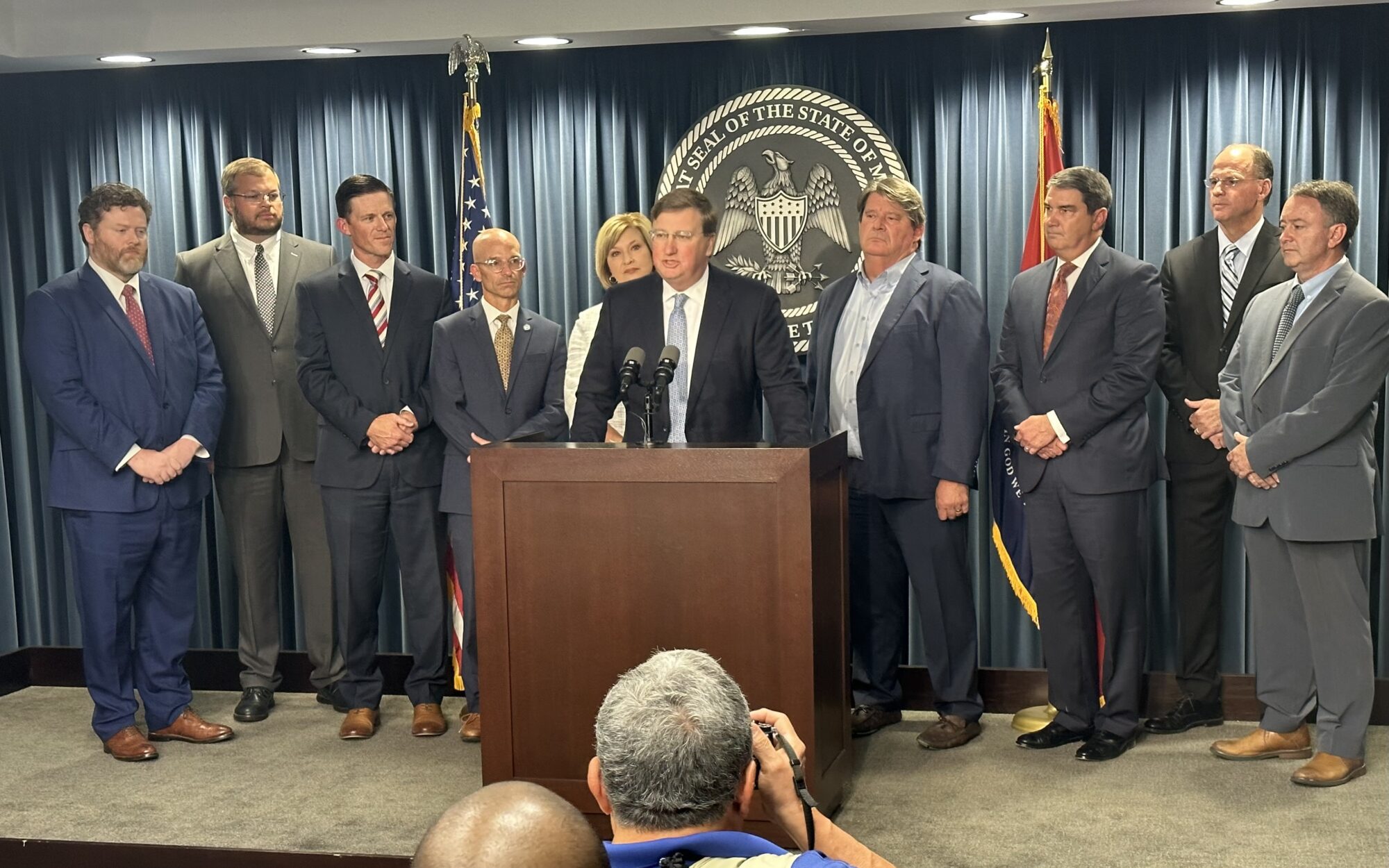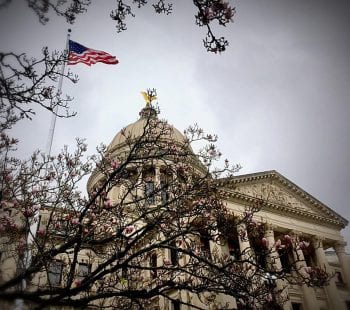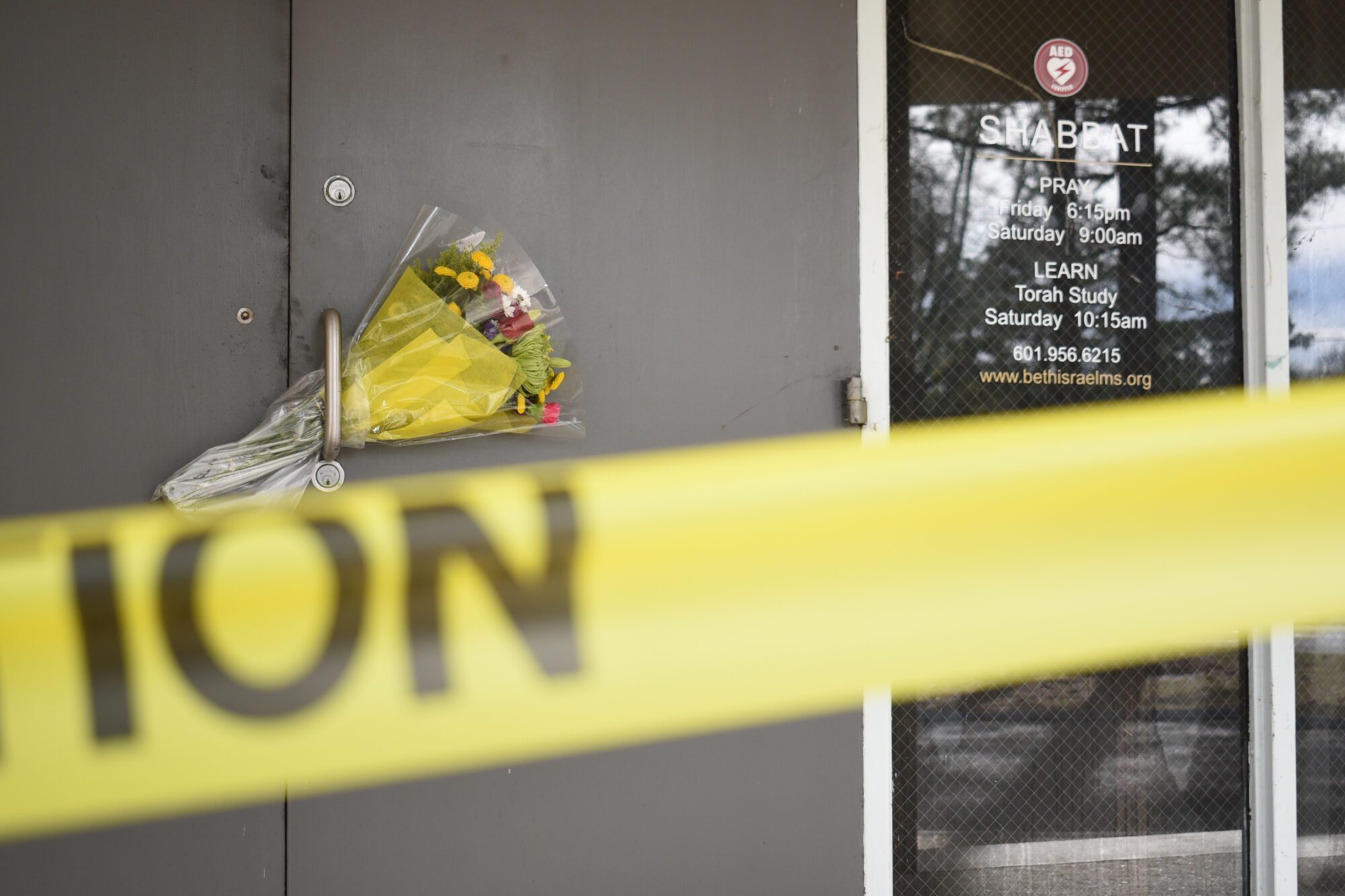
See which cities and counties are generating the most sales and what industries are the largest sales tax generators in the Magnolia State.
Sales tax collections in Mississippi, according to the Department of Revenue, has experienced nearly 21% increase over the last four fiscal years, rising from $3.26 billion in gross tax collections in 2019 to $3.94 billion in 2022 representing an increase of roughly $680 million.
Gross sales in Mississippi has also topped $61 billion, up over 20% or $10.5 billion since Fiscal Year 2019.
The number of sales tax contributors, or businesses that report sales tax collections to the state, has also risen during the same period, increasing by 4.2% or nearly 3,800 taxpayers, bringing the total to over 93,000.
This is not only good news for lawmakers as they consider annual state budget appropriations, but also Mississippi’s municipalities which rely on three primary sources of revenue – ad valorem taxes, fees for utilities or services, and sales tax.
In Mississippi, cities and towns receive 18.5% of the 7% sales tax generated within their corporate limits, making small business development and retail retention a major piece of the local economic development pie. In fact, roughly 60% of the state’s sales tax contributors are located within a municipality.
However, counties in the Magnolia State do not receive any revenue from sales taxes. The bulk of county budgets primarily rely on ad valorem taxes generated from the property in its boundaries. Yet, businesses located outside of municipalities and within the counties generated over $900 million in sales taxes from 26% of the state’s gross sales.
To get a glimpse at which cities and counties are generating the most sales tax in Mississippi, Magnolia Tribune reached out to the Department of Revenue. Here are the top sales tax generating municipalities and counties in the Magnolia State based on Fiscal Year 2022 data.
Gross Tax Collections
Top 10 Cities
Top 10 Counties
- Jackson: $188 million
- Gulfport: $169 million
- Hattiesburg: $153 million
- Tupelo: $138 million
- Southaven: $108 million
- Ridgeland: $97 million
- Meridian: $91 million
- Olive Branch: $88 million
- Pearl: $81 million
- Biloxi: $79 million
- Harrison: $363 million
- Hinds: $325 million
- Rankin: $298 million
- DeSoto: $289 million
- Madison: $204 million
- Lee: $179 million
- Jackson: $132 million
- Forrest: $120 million
- Lauderdale: $108 million
- Lamar: $101 million
Gross Sales
Top 10 Cities
Top 10 Counties
- Jackson: $2.89 billion
- Gulfport: $2.5 billion
- Hattiesburg: $2.3 billion
- Tupelo: $2.12 billion
- Southaven: $1.58 billion
- Ridgeland: $1.45 billion
- Meridian: $1.37 billion
- Olive Branch: $1.3 billion
- Pearl: $1.19 billion
- Flowood: $1.17 billion
- Harrison: $5.6 billion
- Hinds: $5.1 billion
- Rankin: $4.65 billion
- DeSoto: $4.4 billion
- Madison: $3.2 billion
- Lee: $2.8 billion
- Jackson: $2.06 billion
- Forrest: $1.96 billion
- Lauderdale: $1.68 billion
- Lamar: $1.6 billion
Number of Sales Tax Payers
Top 10 Cities
Top 10 Counties
- Jackson: 4,880
- Gulfport: 2,430
- Hattiesburg: 2,011
- Tupelo: 1,930
- Southaven: 1,540
- Ridgeland: 1,487
- Meridian: 1,402
- Biloxi: 1,390
- Olive Branch: 1,190
- Oxford: 1,093
- Hinds: 6,838
- Harrison: 5,766
- Rankin: 4,706
- DeSoto: 4,526
- Madison: 3,692
- Jackson: 3,197
- Lee: 3,016
- Forrest: 2,349
- Lauderdale: 2,085
- Jones: 1,807
Sales Tax Generating Industries / Businesses
As one might except, retail trade is the highest generating industry line for sales tax in Mississippi. Retail trade includes everything from automobile dealers to department stores to grocery stores.
In total, retail trade accounted for $2.2 billion in sales tax collections in Fiscal Year 2022 across Mississippi from nearly $33 billion gross sales.
Speaking of grocery stores, there has been a move afoot within the Mississippi Legislature, mainly among Democratic members, advocating for the reduction of the sales tax on groceries in the state. Democratic gubernatorial hopeful Brandon Presley has even made it a pillar of his 2023 campaign in an effort to appeal to the average price conscious voter.
However, the prospect of reducing the sales tax on grocery stores has not been well received by municipal leaders in the past as it is a significant industry line for local sales tax generation.
Currently, the same sales tax rate of 7% is charged on groceries as it is on all other goods except where special use taxes have been approved by the Legislature on specific goods or services as requested by a local city or county, such as for hotel/motel taxes or prepared food taxes.
According to the Department of Revenue, sales tax generated from grocery stores in Mississippi in Fiscal Year 2022 was over $283 million from 2,266 taxpayers with gross sales topping $4 billion.
Other high contributors to sales tax in the retail trade industry are:
- Department Stores: $434 million in sales tax
- Automobile Dealers: $253 million in sales tax
- Building Material and Supply Dealers: $245 million in sales tax
The next highest generating industry line for sales tax in Mississippi is accommodation and food services. The industry generates $479 million in gross tax from 11,155 taxpayers with gross sales of over $6.8 billion. This is followed by construction at $293 million in gross tax from $6.8 billion in gross sales and wholesale trade at $291 million in gross tax from $5.1 billion in gross sales.











